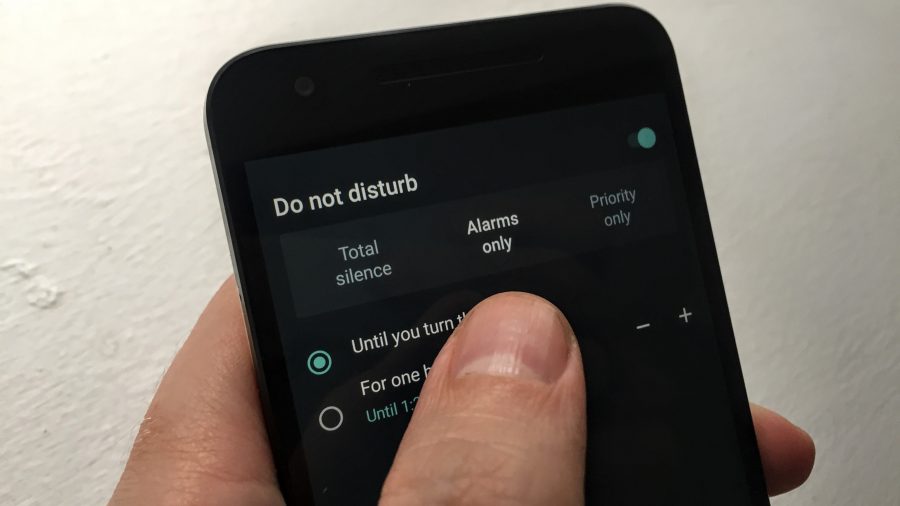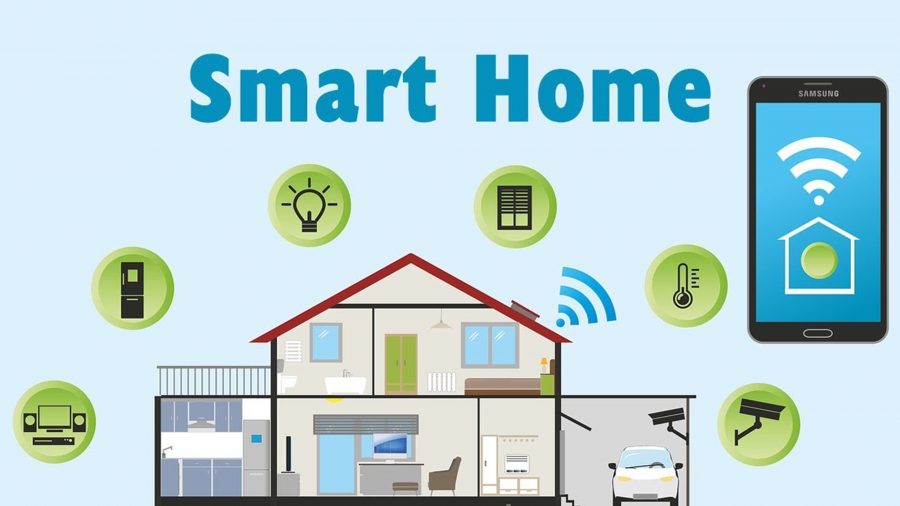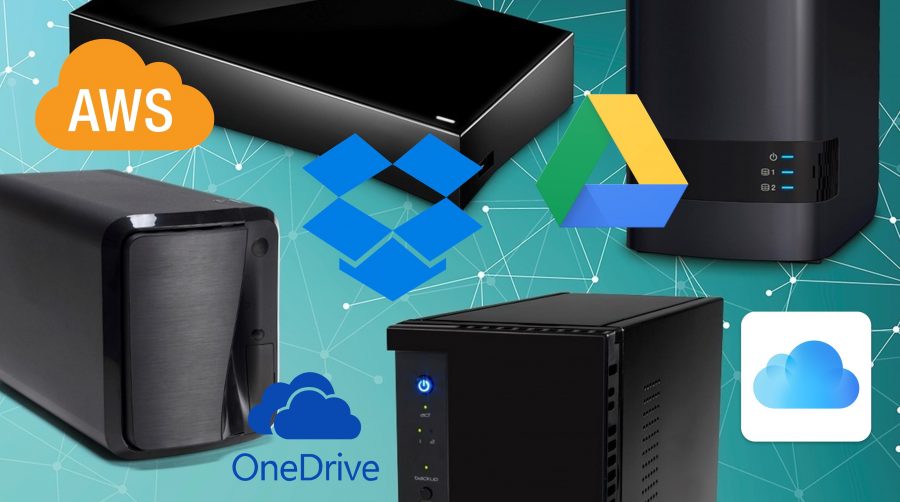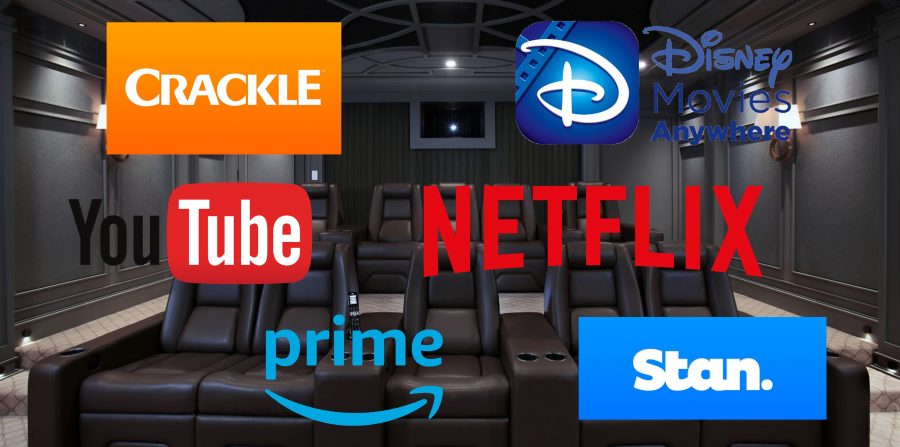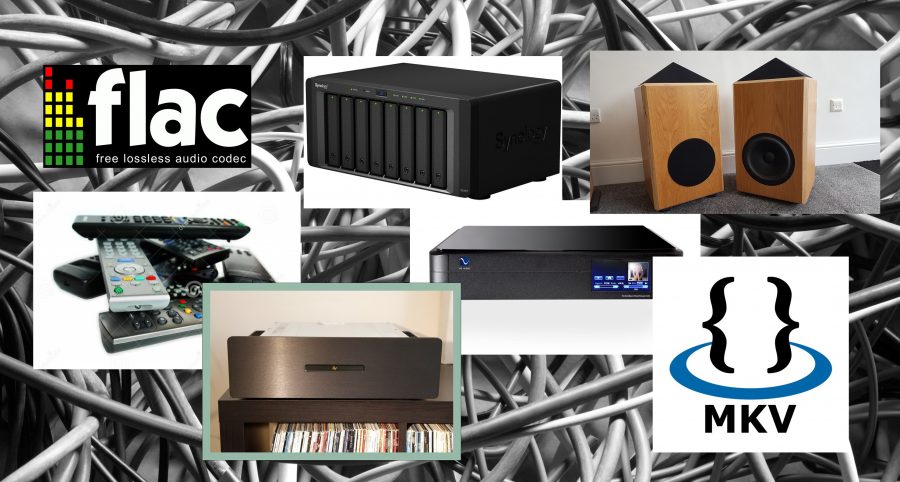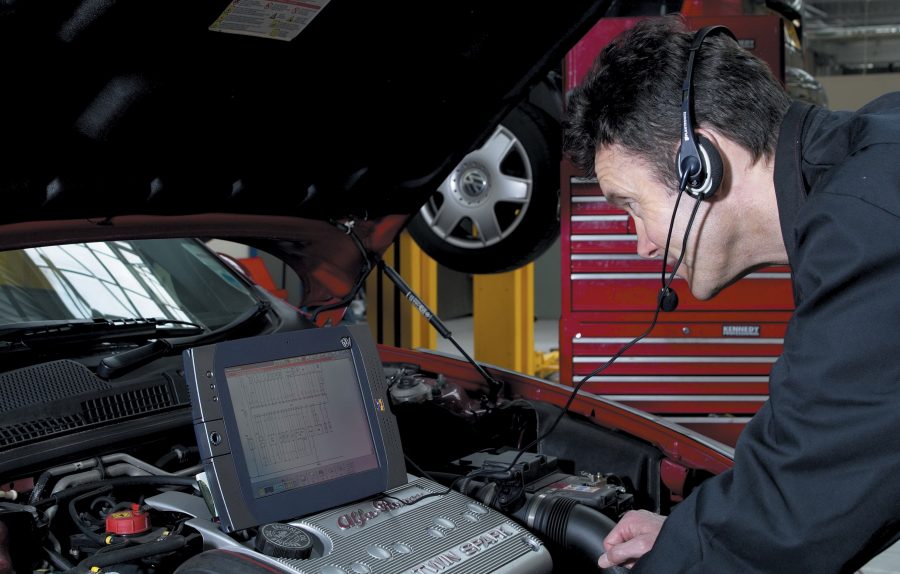Are We Being Overwhelmed by Digital Technology?

Shôn Ellerton, Nov 28, 2017
Is digital technology getting the better of us?
Getting a good night’s sleep
As I am dozing off to sleep in bed, my wife, next to me, browses on her iPhone seemingly unaware that every few seconds or so, there is a brief vibration alert from her WeChat app every time someone in her network makes a comment. She is so used to it that she is completely oblivious to it until I pointed it out to her. Finding how to switch off the infernal alert was not completely obvious. It was almost so that the makers of the app intended it to be difficult to find. I am also guilty of browsing on an iPad before dropping off to sleep and, more often than not, I am usually browsing on some unimportant website which adds, frankly, no value to my day. Moreover, I have an extensive collection of books, many of which I have never read, collecting dust on my bookshelves. Yes, one can read these books from an iPad, but in my case, it seems to induce more eye strain and just does not have that tactile feel and smell of a book. Some of the best sleeps I’ve had was when I had no access to technology, had a well-ventilated room, a comfortable bed, a bedside lamp and a book.
Never really leaving home
At work, one of my colleagues is showing off how he can control and see everything in his house remotely from any computer using the ‘Internet of Things’. In addition, he can monitor exactly how much electricity is being used in real time and even measure the temperature and humidity within the house. Call me old-fashioned, but this is yet another layer of excessive technology giving us a distraction we probably really do not need. My day-to-day job as a systems program manager provides me with enough exposure to technology as it is.
Digital technology is apt to break at some point
The most irksome thing about digital technology, is that it is apt to break. The more complicated the technology is, the more likely it is going to go wrong. My house is completely networked. I have a sophisticated NAS (network-attached storage) drive which contains our important files, photos and entertainment media. I have a network-attached colour laser printer. I have, not one, but two subnetworks in the house; one for us and one for guests, which, of course, means another router to configure in the network. I have a media tuner which is connected to the network so that I can stream movies to the TV. I even have a high-quality digital-to-analogue converter which extracts high-quality audio files from the NAS drive to my stereo. I have security set up on two WLAN networks and I have even configured them so that the channels are sufficiently spaced apart to give me optimum performance. This was, by no means, set up in one go. For example, it took a good day and a half to set up the network-attached printer properly only to find that I locked myself out of the user interface because I forgot my password which meant resetting the damned thing to factory settings again. The good news is that everything is working. At least, for now. I do try to make a point of recording vital information on setting up the network, but can’t quite remember where I saved it. Which brings me on to another problem: file storage.
Electronic file storage and paranoia
How many of us have multiple external hard drives, USB flash pens, cloud storage accounts containing many multiple-copies of the same files which you think you need to keep but not really? I have many thousands of photos, music and video files. I have important documents which I have scanned to PDF. I have backups of websites scattered on different hard drives should any of them fail. And yes, hard drives can most certainly fail and when they do, it can be catastrophic if it contains vital information which is not backed up elsewhere. For those Windows users amongst us, how many of us are paranoid of pulling out the USB cable of a portable external hard drive from our computer or laptop until we get the green go-ahead stating that ‘it is now safe to remove your device’? One time I did this without safely ejecting and my portable drive was corrupted and had to be reformatted, although this was more than 10 years ago. I even came across a story of someone not taking note of their private address and having $160k of cryptocurrency wiped out due to a failed hard drive. In a nutshell, keeping tabs on where your files are located is a Herculean task and nightmarish at best.
Too much choice
Not content on waiting for scheduled TV, we have the ability to stream just about anything we wish to see. Now, admittedly, Australian TV is pretty dire unless you’re tuned into SBS or ABC, but oddly enough, during my childhood years, I remember turning the pages of the Radio Times in the UK and circling the programs which we intended to watch and really looking forward to when they were going to be broadcast. I recollect that TV programming when there were only four channels available was of a fairly high standard, although one could throw doubts at the third channel, ITV, a channel clearly aimed towards the masses with its endless reality TV and game shows. The first two channels, BBC1 and BBC2, did not, and still, do not have advertising as far as I am aware. Channel 4 had minimal advertising but it all changed with the advent of severe competition by the multitude of new digital channels breaking into the market each year. Then we moved on to VHS and then on to DVD rentals which offered, to a degree, a bit of an outing to the rental shop browsing through the glossy covers of the DVD hoping to hit on something worth watching. Video rental stores have pretty much died of death and we are now scouring through cloud-based entertainment struggling to decide what exactly to watch. On many occasions, I have been at an impasse with my wife deciding what to watch only to realise once you have started to watch something we both agreed on, it is getting rather late and really time for bed.
Media equipment out of control
This brings me on to how we receive our music and video entertainment. I know of no one who has not experienced troubles of some nature or another with today’s over-complicated media entertainment setups. Recently, my old media station gave up the ghost and I had to search for another on the market which ended up being a machine with marginally more features but with even poorer build quality for the sake of cost-cutting. It ended up being faulty in just over a year having had to be fixed under warranty. Then we have the issue of the multitude of video formats available, some of which do not work with certain media stations. One would have to go through the trouble and hassle of downloading the appropriate software to convert to a format which is compatible for playback. Playing music files through the stereo via the NAS drive is not without its issues either. I have a networked high-quality digital-to-analogue converter which sits between the stereo and the NAS drive. After purchasing the unit, the software developers ceased work on their native app which meant having to hunt for compatible third-party apps to drive the unit. What is even more frustrating is that, occasionally, the system just stops working for no apparent reason and you end up having to power everything down to reset it. This usually happens when you have visitors around and then you spend the next half-an-hour in the living room toying around with the dozen or so remote controls needed to reset and restart the music again. And on the subject of operating the system, more often than not, I will get a call from my wife, clearly frustrated, while I am away interstate on business asking me how to get something to work which means a long painful Q&A session on the phone running through all the steps to fix it. I’ve only got myself to blame really for setting it up in the first place! Sometimes I look back on the days when we were content with a small number of TV channels and, at best, fifty or so vinyl records to listen to!
You need a laptop to fix a car
As I write this, I am soothed by my ancestral 18th-century Watkin Owens grandfather clock ticking softly not far away from me. Apart from an extremely old Bible published in the 13th century which I somehow managed to adopt, it is the oldest thing in the house and still keeps very accurate time. As long as it is taken care of and wound up each week, the clock will, no doubt, continue to tick on for hundreds of years. I cannot think of any modern device which will do the same. The same can be said for automotive and railway machinery. Those machines reliant on digital technology will generally fail or become obsolete within years or, at best, decades. One of the cars I had during the late 80s was a secondhand Rover SDI, a brute of a car fitted with a Buick V8 engine which seemingly swallowed up whole refineries on a single trip across the UK. Mechanically the car was fine; however, much like what happened to many cars manufactured during those years, the craze with digitisation was especially rife. There was nothing you could operate or look at which was not digital. The Rover was effectively a writeoff when the electronics began to fail. I remember Jaguar went all-crazy digital with space-age looking interiors and great big LED displays flashing like a computer in an old Star Trek episode. Since then, digital technology has been ‘toned-down’ and hidden somewhat in many of our cars up to the present. For example, traditional analogue dials and gauges and other old-style features have been ever more popular, although they may, in the background, be driven, surreptitiously by digital technology.
Our throw-away society
Another example I experienced recently is with my digital SLR camera. The camera came supplied with a high-quality lens which has provided me with five years of service until, for some reason, it recently stopped working throwing an error on the screen of the camera. Replacing the lens would cost in excess of a thousand dollars so I had to bite the bullet and get the camera shop to fix the lens for three-hundred dollars with no guarantees that the problem won’t happen again in the future. You would expect that a camera lens would last a lifetime, but because it is reliant on digital technology, there is a high chance it will just simply break and malfunction. To add insult to injury, the manufacturer, like many other electronic manufacturers of its ilk, tend to cease supplying parts for equipment older than seven years. However, some manufacturers, for example, Mercedes, have bucked this undesirable trend by supplying parts for discontinued models for many many years in the future. So many consumer items seem to be designed on the basis that you will be throwing them away in the near future to be replaced with new. A great example is with my colour laser printer. The cost of replacing all the toners will exceed the cost of replacing the entire printer. The printer, bought new, already contains the toners supplied. Therefore, the cost of buying a new printer with its supplied toners is cheaper than replacing the toners. This is clearly scandalous. One of my colleagues suggested to me that I return the printer to the shop before its two-year warranty period expires explaining that there is a fault with it. He explained that, in most cases, the shop would rather just ship it off to the manufacturer who, themselves, in most cases will provide you with a new unit along with a new warranty. I think the two-year warranty period has just passed, so I am expecting my printer to fail any day now!
Escaping digital technology
A growing segment of our population is becoming evermore keen on stepping away from day-to-day technology; free from the Internet, free from social media, free from equipment reliant on digital technology breaking down. Many now know of the disruptive, addictive and anti-social nature of online gaming and other similar activities involving total immersion in a virtual world. Traditional pursuits such as outdoor sports and activities, board games, reading books, stamp collecting, face-to-face socialising, or anything not involving digital technology is becoming a stronger focal point in recovering from ‘digital stress’ in today’s environment. Even today, many novelists avoid the use of any digital technology altogether and have deliberately chosen to live, usually temporarily in a nice setting, in isolation armed with a manual typewriter and a ream of paper.
There is evidence of a ‘flippening’ with respect to how we want to be aided and succumbed by digital technology. I remember watching some old clips from the 50s how everything will be completely automated in the home. You can picture the utopian image of the contented housewife in her glistening pink kitchen beaming a wide smile as her companion, Robbie the Robot, prepares the latest futuristic meal using the all-in-one food processor and cooking apparatus, while the husband enters the doorway, removing his hat and coat and embraces the family with open arms. Taking the example of the kitchen above, it is nearly 70 years later, the difference being that those very expensive food processors in the 50s are now dirt-cheap in comparison today while a heavy cast iron pot and a set of quality knives forged with folded steel is now worth an arm and a leg today. Of course, mass production has much to account for this; however, saying that, there is an increasing segment of our population who have abandoned technology as much as humanly possible and seek to live a simpler artisan-type lifestyle. I know several friends scattered around the world that have adopted this approach.
To cite a couple more examples, for those who listen to music, vinyl LP records and turntables have made a very big comeback over the last few years. As long the LPs are looked after and a decent turntable is used, they will never deterioate or fail unexpectedly, as some of my old CDs have. High-quality secondhand manual cameras using traditional film, for example, those made by Leica are often in heavy demand and can command quite high prices. They will still work for many years to come as long as traditional film is still available. The upshot is, these will continue to operate and, provided they are looked after, will not break.
Summing it up
Now I’m not necessarily averse to digital technology in general. Ever since I was a young teenager, I’ve been interested in computers and programming starting with my first home computer back in the 80s. I’ve also worked in the mobile communications space for most of my life, of which, without digital technology, would not exist. Medical procedures, without the use of digital technology, would be far more expensive and intrusive. There are countless of other positive use cases; however, there are some undesirable consequences of digital technology. A prime example of this, is our seemingly unrestrained activity of gathering, storing and processing massive amounts of personal data usually with the intent on pushing sales through the use of targeted advertising. I believe, for many of us, we are near a ‘tipping point’ where digital technology could be getting the better of us and, now and again, just to escape it for a short time, can do us a world of good.
